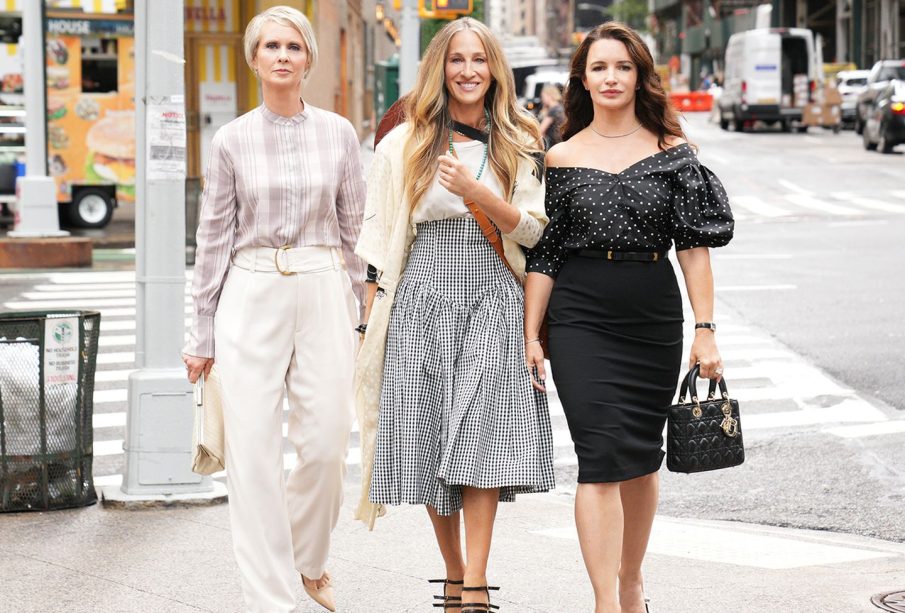Exploring the Cultural Impact of Sex and the City

Introduction
‘Sex and the City,’ a groundbreaking television series that aired from 1998 to 2004, has left an indelible mark on both popular culture and society. With its candid portrayal of women’s lives, relationships, and sexuality, it has influenced generations of viewers and sparked essential conversations about gender dynamics. As we delve into its relevance, especially in the current context of evolving social attitudes, it becomes clear why this show remains significant.
Main Body
The series follows the lives of four friends—Carrie, Charlotte, Miranda, and Samantha—as they navigate the intricate world of love, friendship, and ambition in New York City. Its unique storytelling, combined with witty humor and relatable scenarios, struck a chord with audiences. According to a survey conducted by the Pew Research Center, nearly 60% of female viewers between the ages of 18-34 identified with the character Carrie Bradshaw, resonating with her experiences and struggles.
In recent years, ‘Sex and the City’ has experienced a resurgence in popularity with the release of the sequel series ‘And Just Like That…’ which revisits the characters in their 50s, dealing with new life challenges. The modernized narrative illustrates how societal expectations of women have evolved, as they confront issues like motherhood, divorce, and aging in a relatable yet aspirational manner.
Critically, the series also addressed themes of sexual freedom and empowerment, which remain pertinent today. It helped to normalize discussions around female sexuality, aiding in the shift toward increased acceptance of women’s sexual agency. A study published in the Journal of Gender Studies noted that discussions around sex, particularly female desire, are notably more prominent in contemporary media, a trend nurtured by early influences like ‘Sex and the City.’
Conclusion
The cultural significance of ‘Sex and the City’ cannot be overstated. As society continues to grapple with issues surrounding gender equality, representation, and feminine identity, the show’s legacy serves as a touchstone for discussions about women’s rights and roles in the 21st century. The ongoing popularity of its characters indicates not only nostalgia but also a continued relevance in understanding the complexities of female experiences. Furthermore, as we look to the future, ‘Sex and the City’ will likely remain a vital reference point in the dialogue surrounding feminism and social norms, inspiring both creators and audiences alike.









